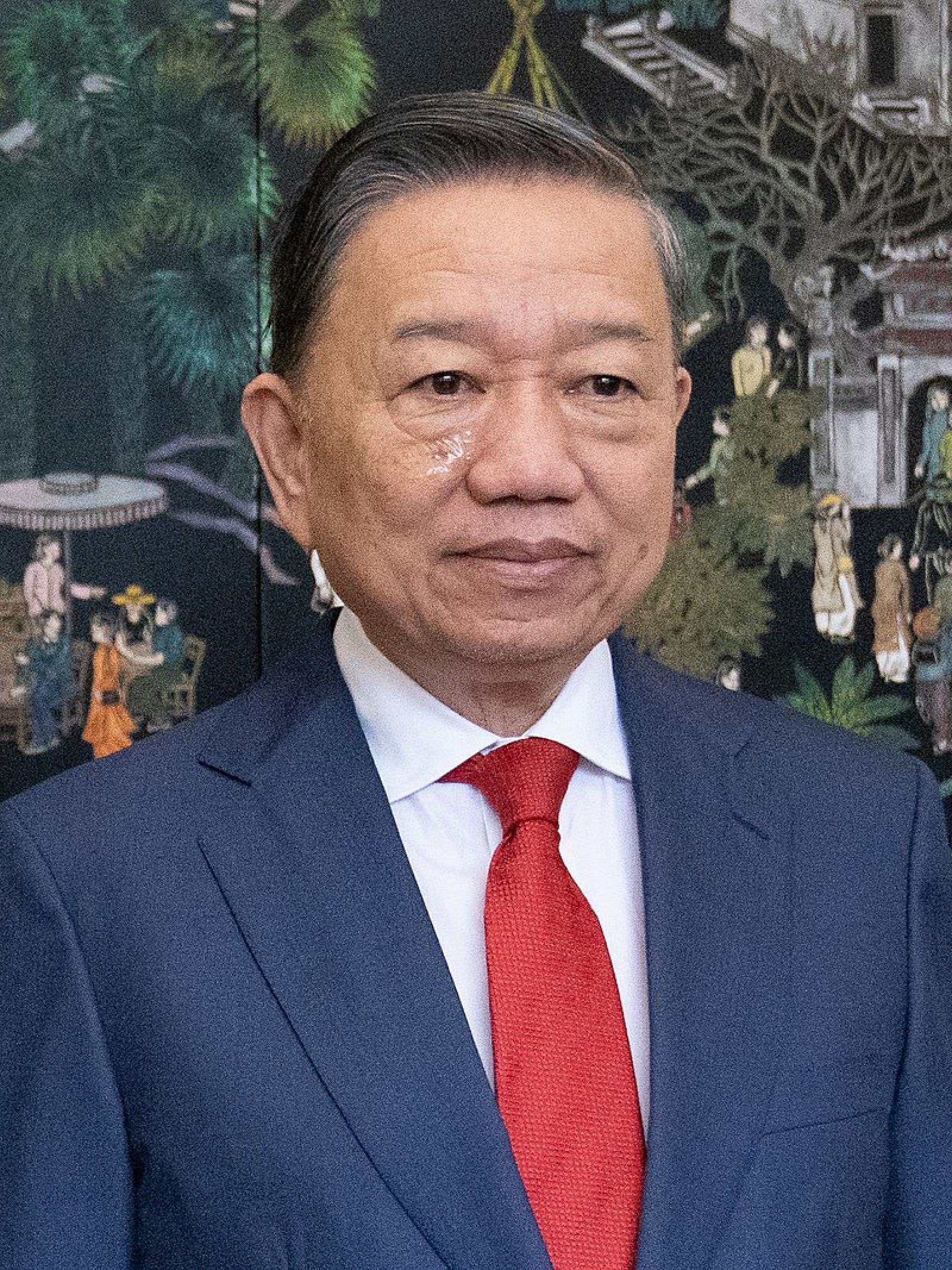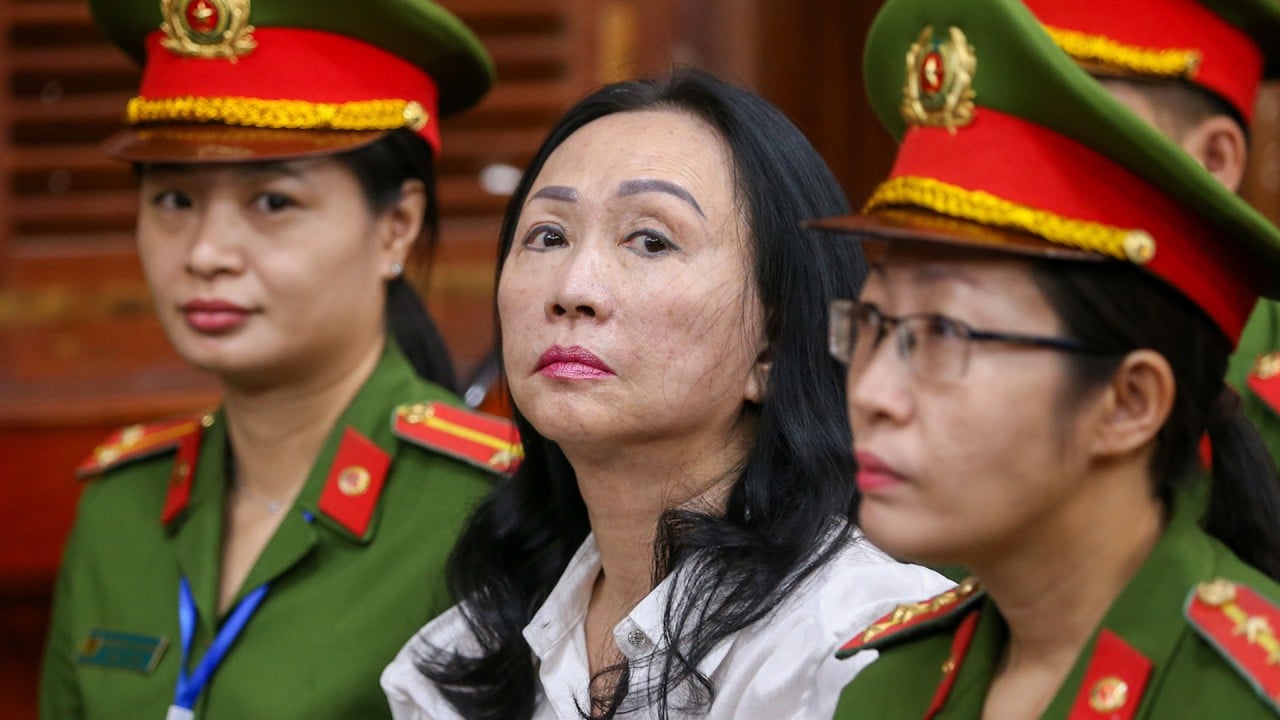In its latest move, Hanoi said on Thursday that it removed Thuong Thi Mai, who ranked fifth among Vietnam’s leaders and was the only woman in the Politburo, for “violations and shortcomings,” without elaborating, according to Reuters.
While the crackdown has slowed routine transactions and snarled up bureaucratic processes, it may create a positive impact in terms of improving business transparency.
“The impact of the anti-corruption campaign manifests in reducing bribery cost, enhancing firm performance in the private sector, and significantly improving investment efficiency in the public sector,” said Khanh Hoang, a senior lecturer at Lincoln University.
The average cost of bribery in Vietnam is around 3 per cent of corporate revenue, according to a survey from the Vietnam Chamber of Commerce and Industry.
But the crackdown points more to the snakes-and-ladders fortunes of Vietnam’s political elite than a real desire to uproot corruption, Bill Hayton, an Associate Fellow with the Asia-Pacific Programme at Chatham House, told This Week in Asia.
“They will never be able to get rid of corruption … because corruption is how the system works,” he said.
“If we assume that everybody is corrupt, there is a good reason to then think why some people get taken out and not others?”
Will party hardliners prevail?
Leading the country’s anti-corruption drive is the head of the Politburo, Vietnam’s apex institution, Communist Party General Secretary Nguyen Phu Trong, who is in charge of setting the country’s direction every five years. The 80-year-old is leading the country for an unprecedented third term.
Trong orchestrated the “Blazing Furnace” anti-corruption campaign, which has seen five Politburo members engulfed by related allegations and forced to resign since 2021.
With his health a constant source of speculation in Vietnam, Trong is not expected to continue in his role when the next power transition of the communist party takes place in January 2026.
According to analysts, the current infighting at the top is to prepare for new leaders who will helm the country until January 2031. On Thursday, the party’s central committee named four new candidates for the Politburo.
As the purge continues, party hardliners are expected to come to the fore, analysts say.
To Lam has allegedly overseen arrests of activists as well as the kidnapping of Trinh Xuan Thanh, a Vietnamese fugitive in Berlin, according to Bloomberg.
“He can decide who gets investigated and who gets to put on trial”, Hayton said.
Vietnam is expected to announce a new president next week, which may pave the way for To Lam to become Vietnam’s next party chief in the power transition happening within two years.
Tran Thanh Man, the current Vice-Chair of the National Assembly, is another party heavyweight who could be promoted to assembly chairman.
General Luong Cuong, chief political commissar, is slated to become Party Executive Secretary – only the second military man to get the role since 1994, if confirmed. Colonel General Luong Tam Quang has been tipped to take up the crucial post of Minister of Public Security.

A break in ‘bamboo diplomacy’?
The bigger geopolitical picture that emerges once the winners from the 2026 National Party Congress are revealed is Vietnam’s anticipated closer alignment with China, analysts say.
“The party’s No 1 interest is survival and regime protection. Therefore, their No 1 friend is China, a similar regime,” Hayton said.
The US with “its liberalism, democracy, and pluralism are all the things that the Communist Party doesn’t like,” he added.
In the short term, domestic political turmoil will do little to move the foreign policy needle for a country which has tethered itself to a neutral stance of ‘bamboo diplomacy’. The phrase refers to Vietnam’s dexterous management of competing geopolitical objectives between the major powers over the last three decades.
The policy is based on ‘four Nos’ outlined in Vietnam’s 2019 Defence White Paper: no military alliances, no taking sides, no permission for foreign powers to use Vietnam as a military base and no use of force in international relations.
“The reshuffle of human resources won’t change foreign policy,” said Phan Xuan Dung, of the Vietnam Studies Programme at ISEAS–Yusof Ishak Institute.
The guardrails outlined in the paper have enabled Hanoi to establish broad alliances to drive the economy and maintain relations with the major powers: the US, whose companies are flocking to Vietnam; China, Vietnam’s No.1 trade partner; and Russia, its top defence supplier.
“Vietnam is still confident in its ability to manage the South China Sea dispute with China. There have not been any major conflicts between the two countries in the past few years so Vietnam has no reason to take sides against China.”
In early May, Vietnam delayed a meeting with European Union officials in Hanoi ahead of a possible visit by Russian President Vladimir Putin, according to Reuters. While Vietnam maintains that countries need to uphold international law and the United Nations Charter, it has refused to side with the West in condemning Russia over its invasion of Ukraine.
Vietnam is expected to continue reaping the benefits from the continuous rivalry between the US and China, particularly in the economic arena, Dung said. “As long as this tactic still works, they won’t change direction.”
But if Republican presidential candidate Donald Trump were to secure a second presidency, the Vietnamese leadership might be forced to break away from its ‘bamboo diplomacy’ and choose between the US and China, analysts say.
Likewise, the US would be closely watching Vietnam’s political power play in the aftermath of the anti-corruption purge, said Jon Formella, an Ellings-Korduba Fellow at the National Bureau of Asian Research.
If Hanoi conservatives with less affinity for US interests were to emerge victorious and lead the country, Washington “may walk back some of the strong progress that the US and Vietnam have made in recent years in their relationship,” Formella added.


